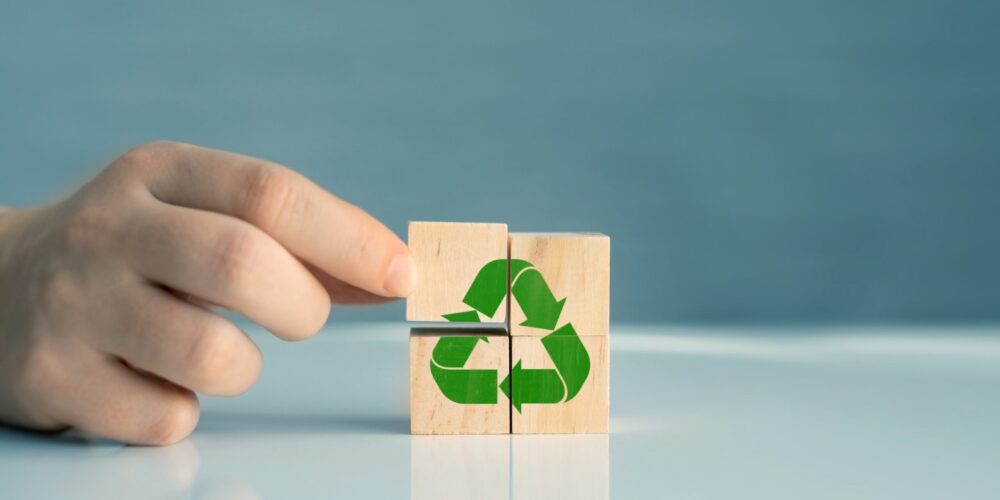How to Reuse Your Top 5 Common Household Waste
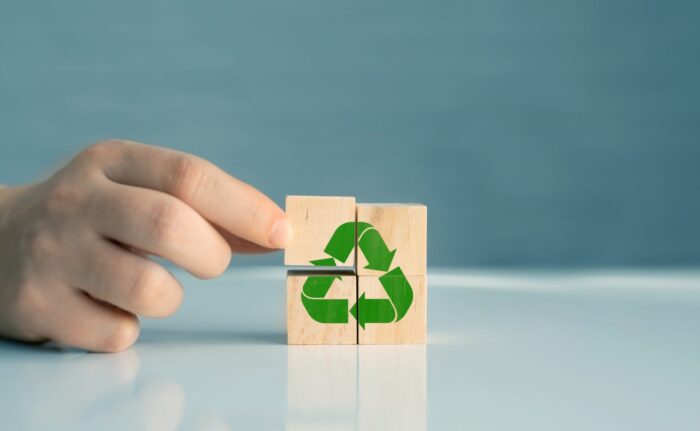
How to Reuse Your Top 5 Common Household Waste
As long as we consume and maintain our household, it’s inevitable that we produce domestic waste. But one thing we can do is to get maximum use from these household waste before throwing them in the bin. What we consider waste might still have value in them and a change of habits can go a long way towards being kinder to our planet.
Here are some ideas to reuse and repurpose the top 5 household waste you produce:
Use plastic bags and packaging bags as bin bags
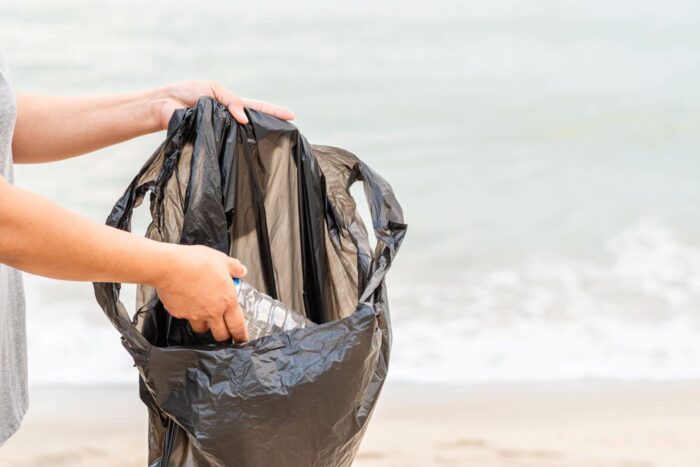
Even if you are used to bringing your own bags on grocery shopping trips, you might still find yourself constantly throwing plastic bags or packaging bags in your bins.
Disposable bags are usually not fit to be reused for hygienic or safety reasons, especially for plastic materials designed for single use. One way to repurpose them without worrying much is to use them as rubbish bags.
Ever find it difficult to look for a small rubbish bag that fits your small bin in the room? These disposable bags can be the perfect size for small bins in the bathroom, or the food waste caddy on your kitchen counter. You wouldn’t need to worry about contaminating the content as you would be throwing away the rubbish anyway!
For pet owners, these bags can also be used to collect your pet’s litter. Bags that are stained with food oil or are too messy to be kept around such as bread bags are great for these dirty jobs.
Use food and non-food containers for storage

Containers that different products come in can be reused for all sorts of storage purposes:
- A butter tub can be used to store leftover food
- Pasta sauce jars or candle jars can be used to store small, loose items such as elastic bands, clips and even accessories
- Tissue boxes can be used for desk or drawer organisers
You can also reuse your containers by buying refills. Shampoo, hand wash, oil, seasoning, etc. are all daily necessities we consume regularly. If your favourite brand products don’t have refill packets, you can buy a large family-size product and refill your smaller containers for everyday use. Not only can you produce waste less frequently, you can also save money by buying less!
Use clothes and fabrics for cleaning or decorating your home
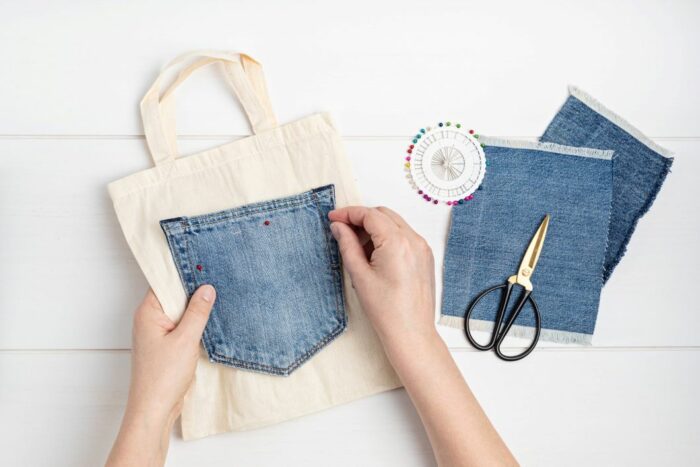
Clothes are great for donating to charities but occasionally you might find clothes that are too worn out. The easiest way to repurpose them is to cut them up as cleaning rags for wiping or dusting.
If you are up for some sewing projects, thicker fabrics such as denim can be good for turning into sachets to store all kinds of things. Other softer fabrics such as curtains and bed sheets are great for your personal sewing projects or decorating your household items, especially if you love their patterns!
If you are using the ideas above to turn tissue boxes into desk organisers or turn jars into clip containers, why not use the fabrics to decorate these household items?
Use old toothbrushes for cleaning small spaces
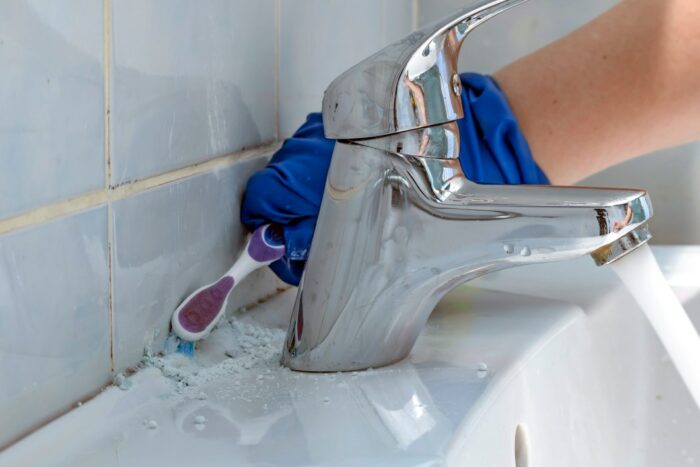
Our teeth are hard to clean without toothbrushes. The thin bristles and the long handle are what make brushing our teeth more manageable, as well as some other small and hard-to-reach places in our household.
We all change our toothbrushes regularly for hygienic purposes so your old toothbrush would be perfect for brushing other places (after proper cleaning of the toothbrush itself of course!)
Scrubbing the insides of bottles, cleaning grooves such as the seal on fridge doors, or picking out scraps in between your keyboard gaps becomes so much easier and saves you a lot of time thinking about how you can clean these places. Grouts between your bathroom tiles and door or window tracks are also hard to clean normally without hurting your fingers. Now, you can save your fingernails from being ruined and let your old toothbrush do the job instead.
Next time, think twice before you throw away your toothbrush!
Use food waste for homemade recipes or composting
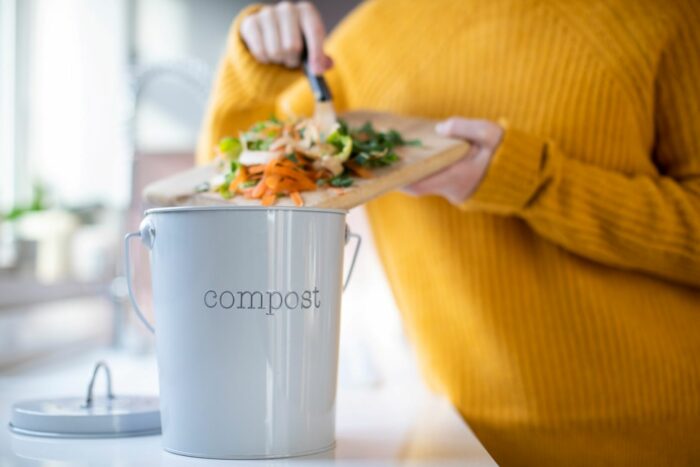
Even if you never have leftovers, you will still produce food waste from inedible food parts. Here are a few ideas you might have never thought of to make good use of these inedible food:
- Use bones from meat to create stock
- Use eggshells for plant fertilisers
- Put fruit peels into your tea or vinegar for a fruity flavour
If you run out of ideas on how to use your leftovers, try composting it! It’s easy to do and you can keep your bin clean and tidy without the foul smell of rotten food. If you have a garden or some house plants at home, your homemade compost would be perfect for them. If you don’t, you can still sell them online or give them away to neighbours and community gardens.
What do I do with items in good condition but have no use for?
Sometimes, no matter how hard we try to reuse our daily items, there are things that we just don’t need anymore, even if they are in good condition. One good way is to give out these items to others who might need them instead. Online communities and platforms are the best places to find someone who would want your items. Or you can look out for charities and organisations who might need your second-hand donations, such as our Get reCycling campaign.
Whether you reuse it for yourself or give it away, giving your household waste a second life can help you reduce the amount of waste in your rubbish bin. The less rubbish in your bin, the easier it will be to manage your waste and keep your household tidy.
